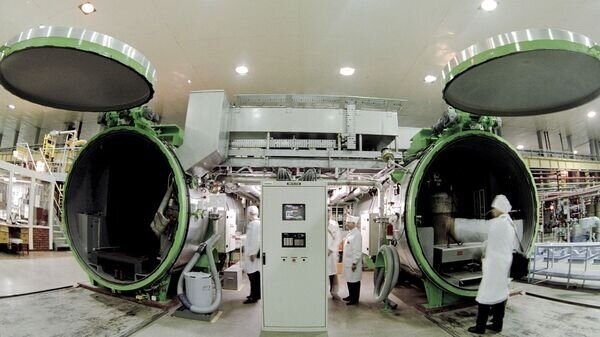
TABNAK, Feb 10: According to Atomic Scientists Bulletin, an agreement that uses the leverage of economic sanctions and foreign military threats can curb Iran's nuclear ambitions.
The bulletin has investigated the features of a new nuclear agreement with Iran in an article, which follows.
This year we will witness an important confrontation over Iran's nuclear program. In October 2025, the possibility of a re-imposition (snapping back) UN Security Council sanctions against Iran will disappear, which could take away a key diplomatic lever.
In this situation, the new Trump administration has once again adopted the policy of "maximum pressure" on Iran and has openly discussed the option of military action by adopting a harsh tone. In 2018, Donald Trump withdrew from the Iran nuclear deal, known as the Joint Comprehensive Plan of Action (JCPOA), calling it "terrible and one-sided".
According to the bulletin, Iran's nuclear program is in its most advanced state at the moment. Experts argue that Tehran is capable of producing sufficient fissile material for a nuclear bomb (a "significant amount") in about a week.
However, Trump after starting his second term as president, has recently announced that the US needs to make a new deal with Iran. Iran may start negotiations to reduce pressures, and this will be an opportunity for the international community to seek a "better deal".
Iran holds two vast and protected enrichment facilities, thousands of installed advanced centrifuges, and complete control over the nuclear fuel cycle.
Moreover, it could take advantage of the nuclear weapons know-how in its Defense Ministry and develop a nuclear weapon in a conservative process of about two years, or in six months (or even less) through an accelerated program.
Discussing efforts to reach a new deal, first, it must be considered what a "better deal" really means. In recent years, some have called for an extensive, stronger and more lasting agreement.
However, the new deal should still focus on Iran's nuclear program, and Western negotiators should prioritize its duration as well as a new factor (its stability).
A more extensive agreement: One of the prominent flaws of the JCPOA was it more focus on Iran's nuclear program, while there were other issues, including regional activities and advanced missile and drone programs.
However, making an agreement beyond the nuclear issue also has its drawbacks. A nuclearized Iran is different from other threats posed by this country. This threat is more dangerous, more urgent, and the only threat that can be existential to other countries—especially the (regime of) Israel.
Prioritizing the nuclear issue in negotiations with Iran can increase the chances of creating a strong mechanism to address this critical issue.
In addition, the International Atomic Energy Agency (IAEA) has developed safeguards mechanisms to oversee nuclear programs over decades. These safeguards provide a solid basis for the implementation of a nuclear agreement.
By contrast, agreement on other threats would require defining agreed criteria and methods of verification, a process that could take years—even longer than the threat itself—or else be merely declarative and ineffective.
At the regional level, other threats posed by Iran can be addressed through tools such as regional alliances and strengthening conventional forces. A deal with Iran should focus solely on its nuclear program—and that is all.
The last 10 years have also shown that the main factor stopping Iran's nuclear program is not technical, but political. Despite achieving an alarming level of enrichment, Iran still does not have uranium with 90% enrichment, not because it is unable to do so, but because it didn't intend to.
A new agreement with Iran does not require much stricter restrictions on Iran's nuclear program. A six-month period provides enough time to use diplomatic, economic and even military tools to prevent Iran from acquiring nuclear weapons.
This issue can create the necessary space for international compromise and leads to meaningful negotiations.